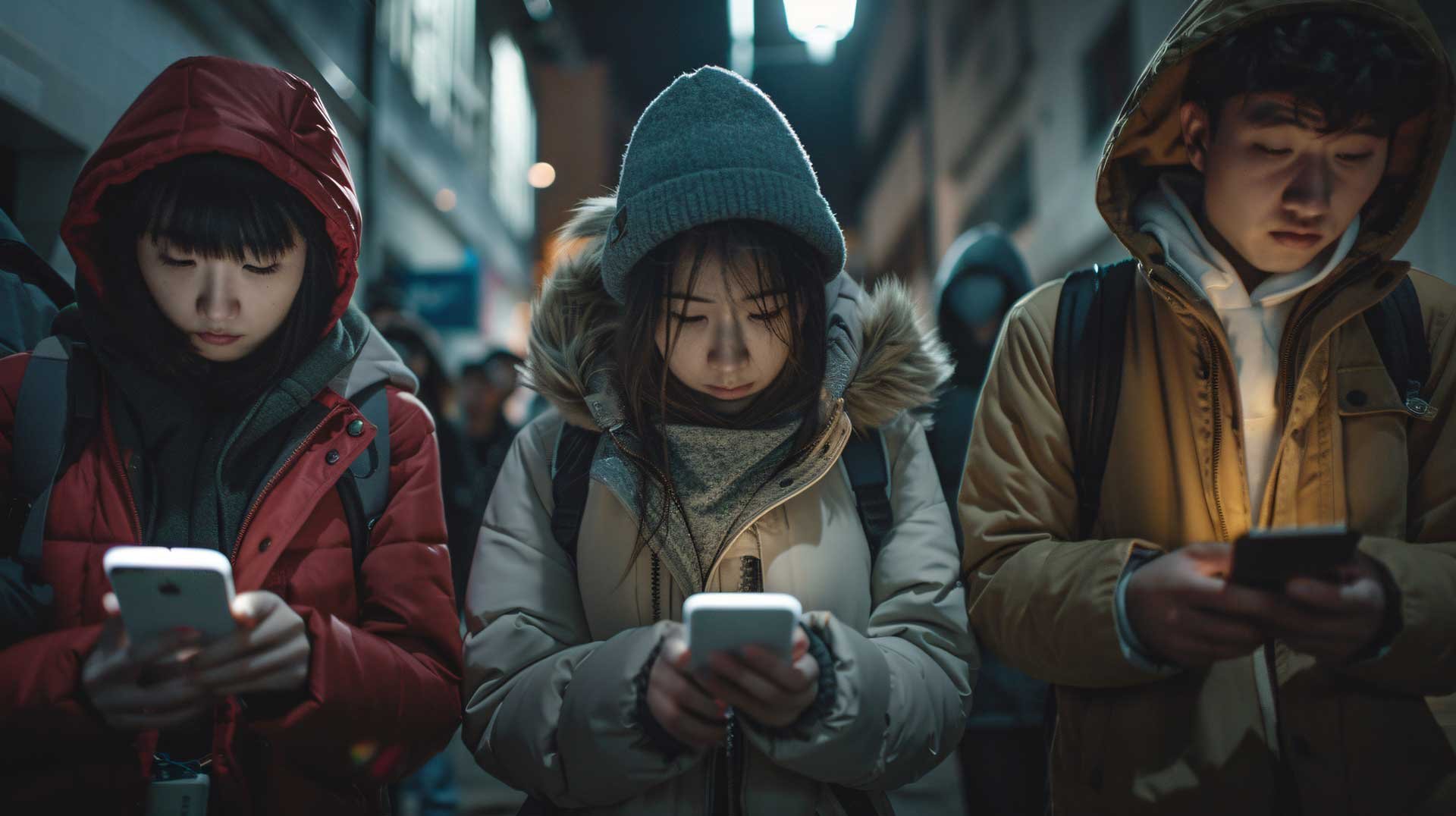
Episode 25
Mining Data on the Transformational Impact of Dating Apps
Dating apps create more romantic relationships than any other activity. They are also the source of immense data on users’ preferences for a romantic partner, and their algorithms are trained to measure and maximize the use of this data.
Dr. Liesel Sharabi has made a career studying dating apps and their underlying technology. She joins us for a fascinating conversation about how these apps work, how to maximize your use of these apps, and the effect of these apps on long-term romantic happiness.
Dr. Liesel Sharabi is an associate professor in the Hugh Downs School of Human Communication and Director of the Relationships and Technology Lab at Arizona State University. Her research explores how communication technologies are used for mate selection and relationship initiation.
Liesel’s work has appeared in various edited volumes and peer-reviewed journals, as well as in media outlets such as The Wall Street Journal, Bloomberg, The Boston Globe, Time Magazine, WIRED, and the BBC. She is the recipient of the 2022 Early Career Award from the Interpersonal Communication Division of the National Communication Association.
“I'm a little skeptical whether any algorithm would be able to predict compatibility between people who haven't actually had a chance to interact.”
- Dr. Liesel Sharabi
This Week on Zoomers to Boomers
Why Liesel found online dating fascinating due to its potential to help people make better choices in relationships.
The differences between online and in-person dating, including intentionality in the matchmaking process
How the algorithm used by dating apps is based on both profile information and swiping behavior
Why online dating marriages have lower quality and satisfaction compared to in-person marriages
Why younger people are using dating apps more, with a shift from desktop to mobile
How online dating apps are intentionally designed to be fun and engaging, making it difficult to distinguish between genuine profiles and catfishing
Research shows that minor deception is common in online dating, with people misrepresenting themselves to appear attractive and attractive partners
Some of the negative aspects of online dating, including deception, harassment, and scams
Liesel shares insights on online dating, including the potential for rigid preferences and the impact of a larger pool of potential partners on commitment
How AI will revolutionize dating apps, potentially altering user experience
The potential benefits of VR dating include more organic conversations and access to profiles during dates
Potential negative effects of technology on relationships, including the potential for missed connections and the importance of creating a safe environment for people to initiate relationships
